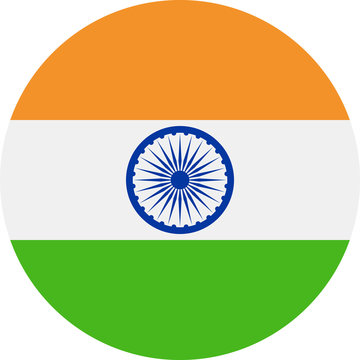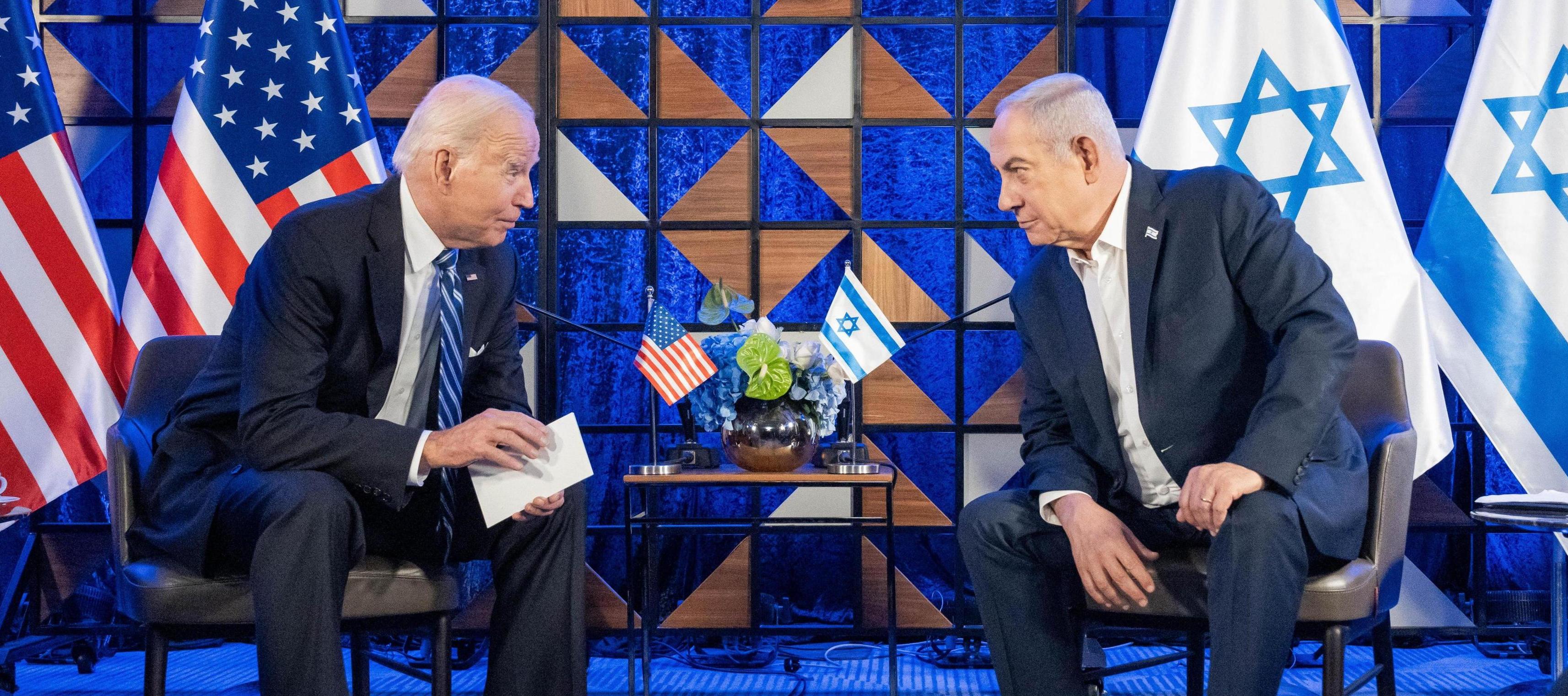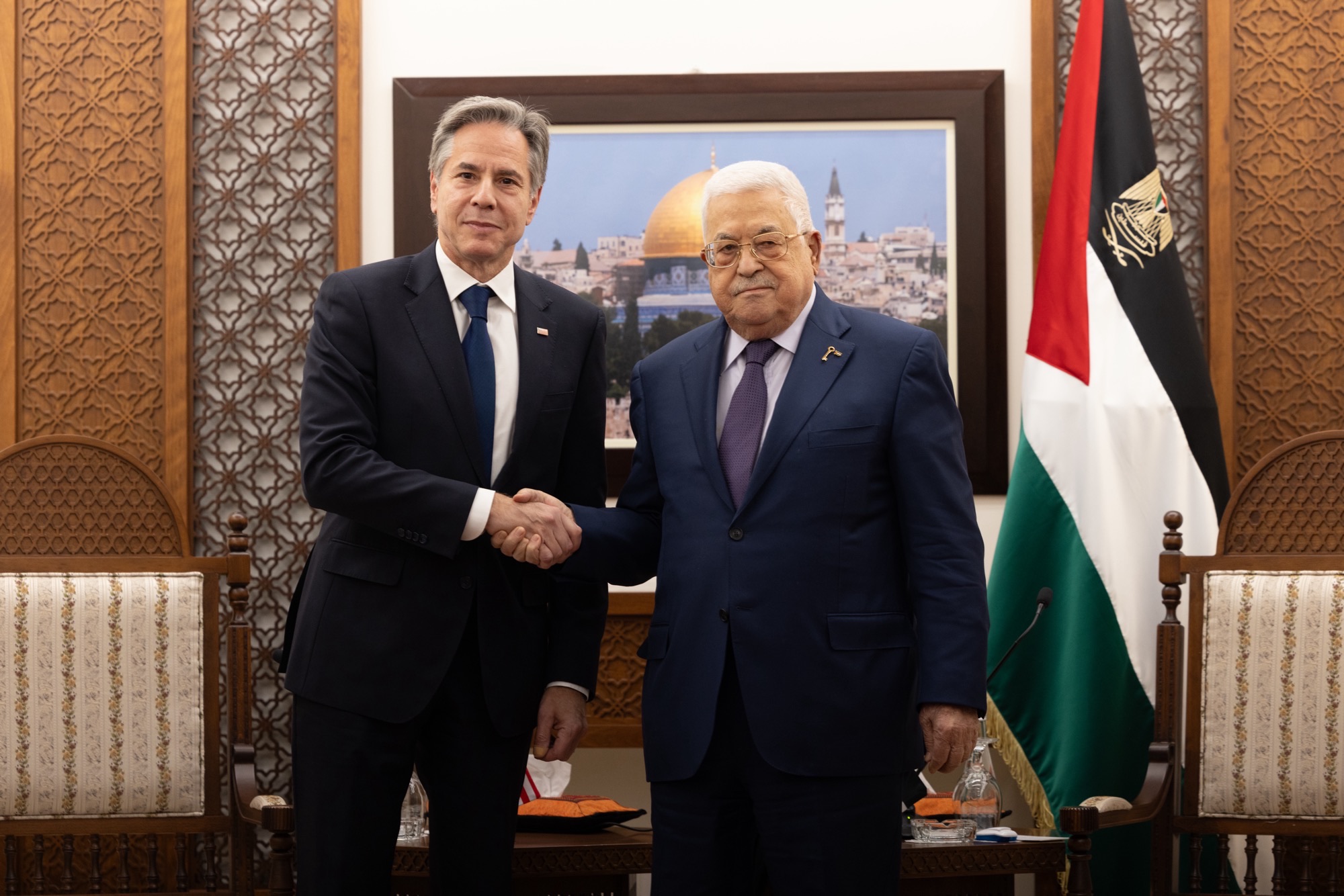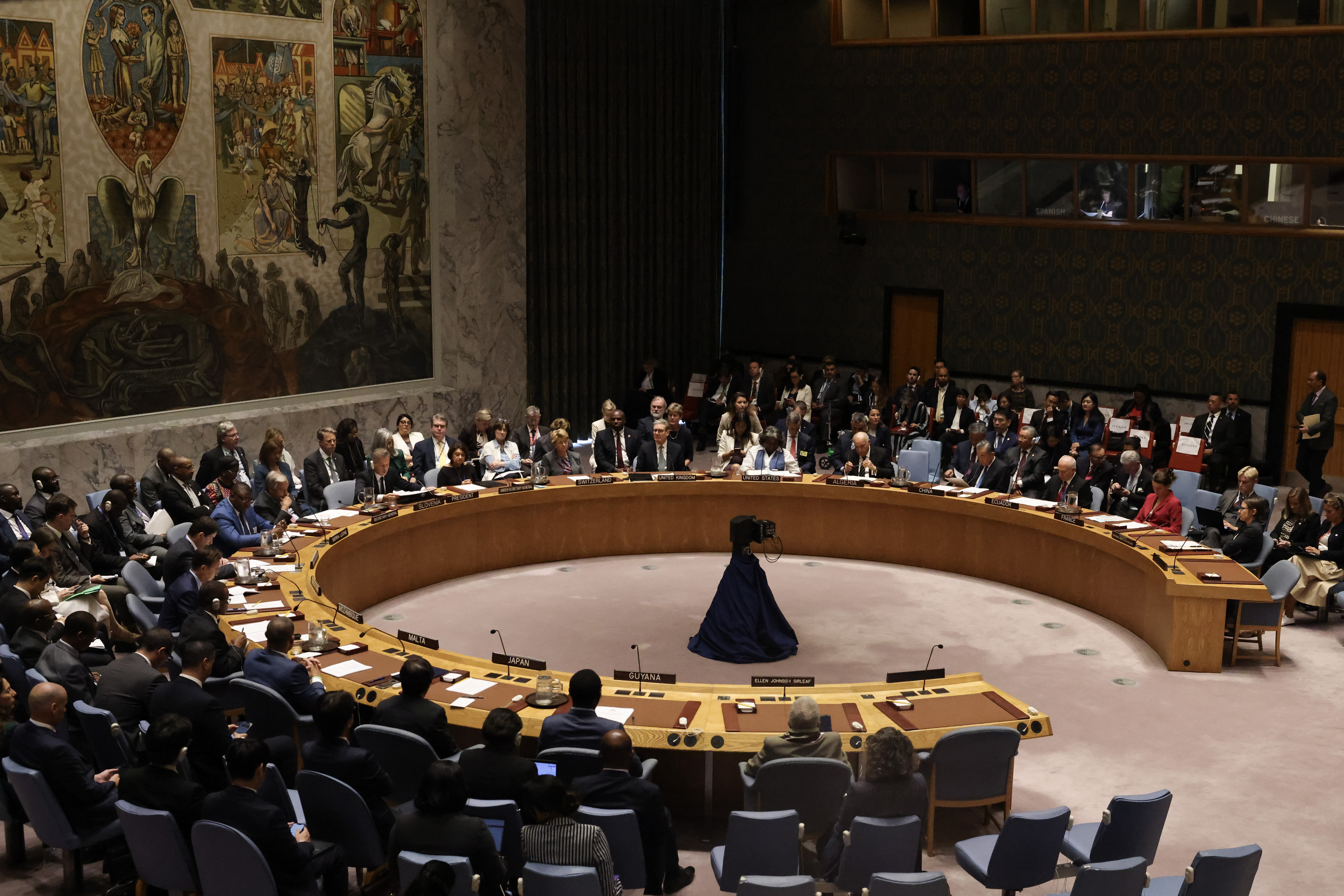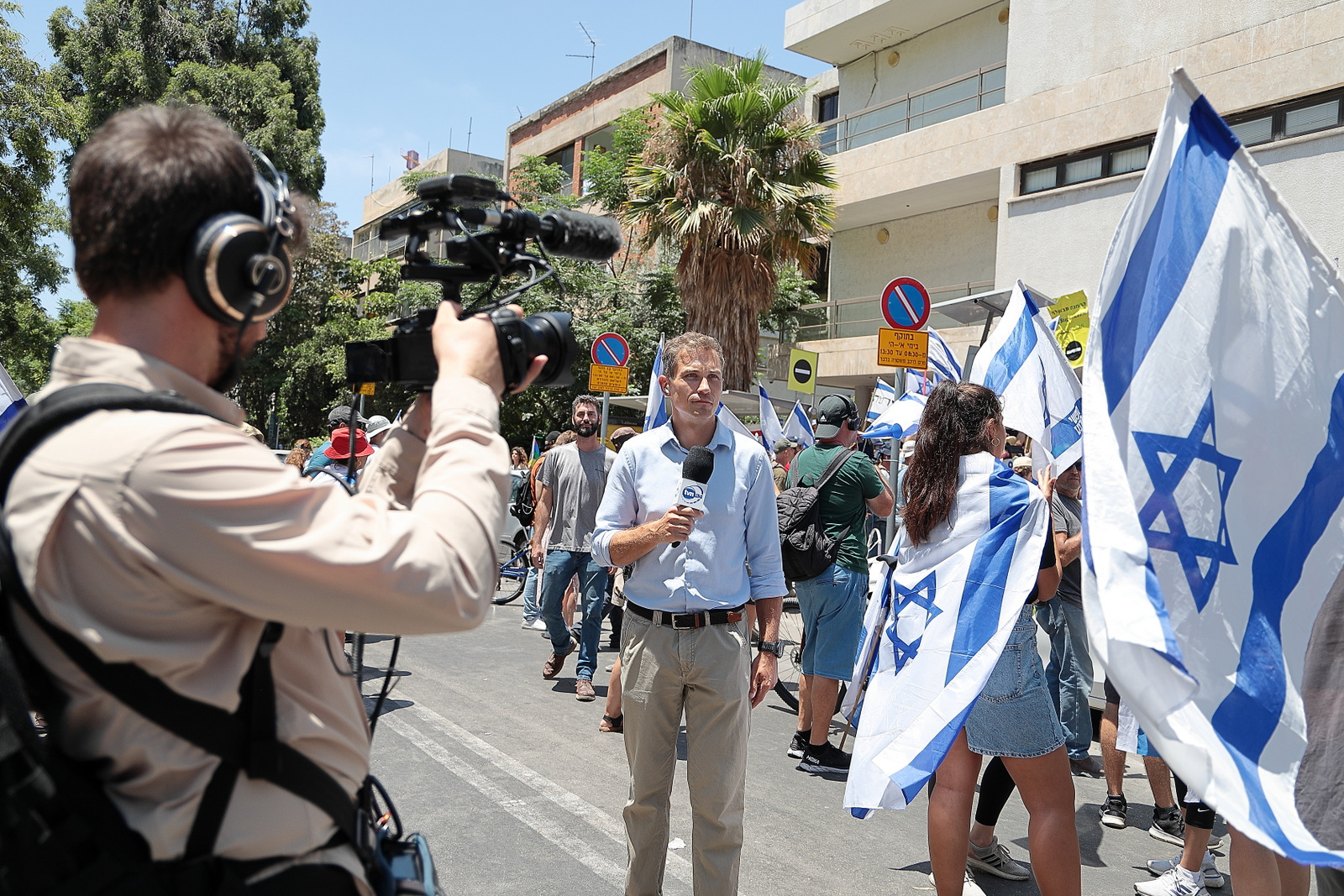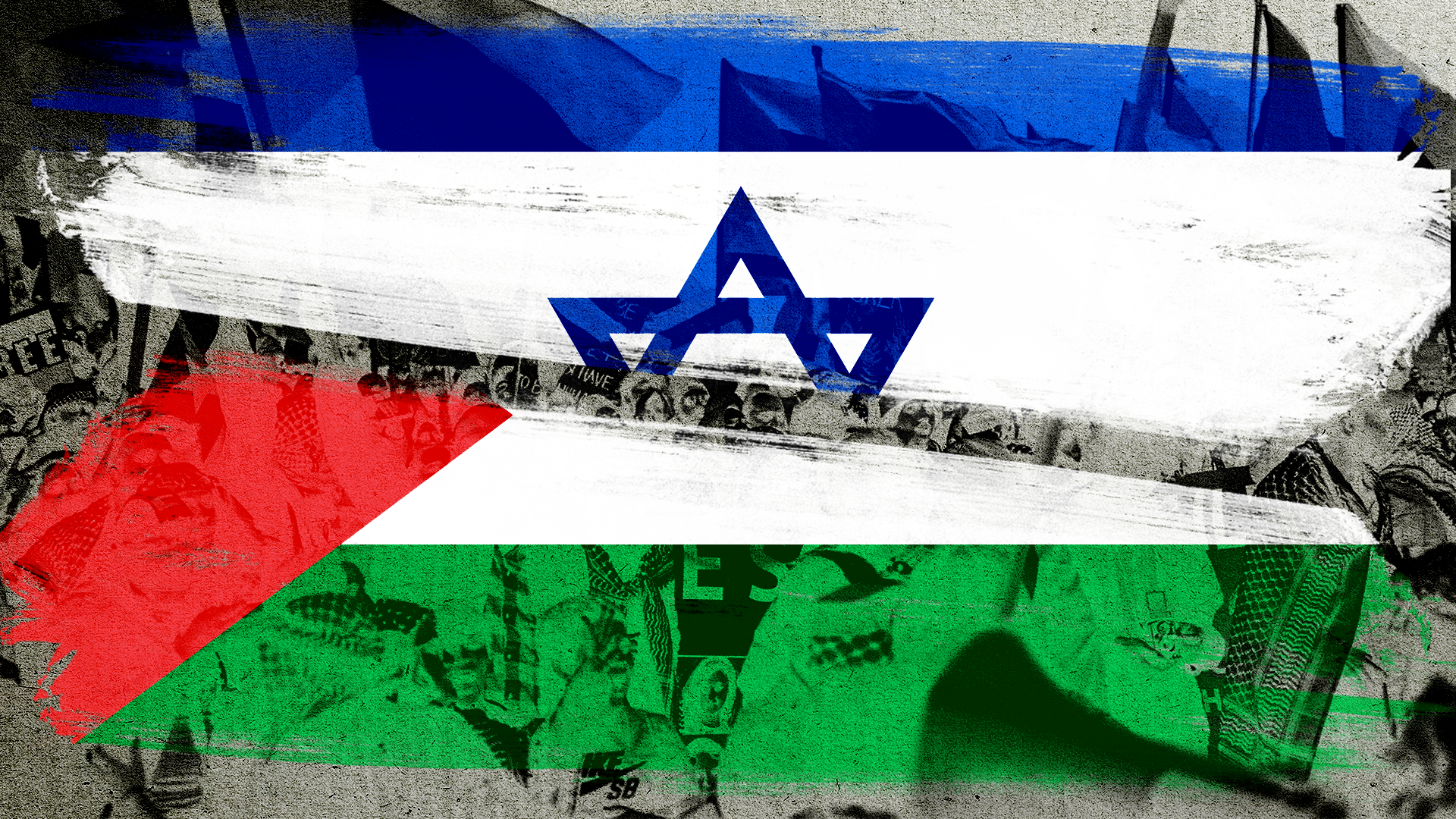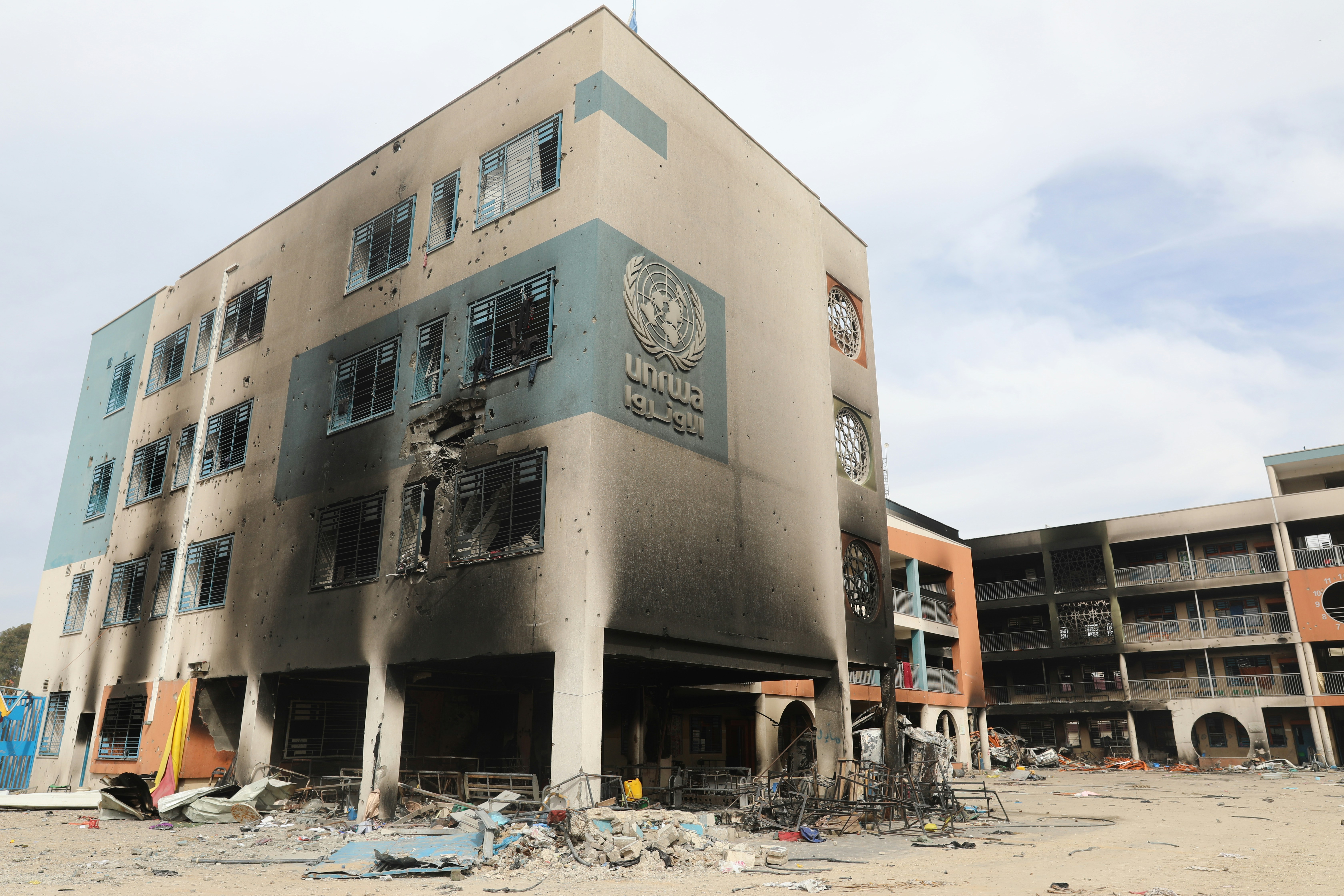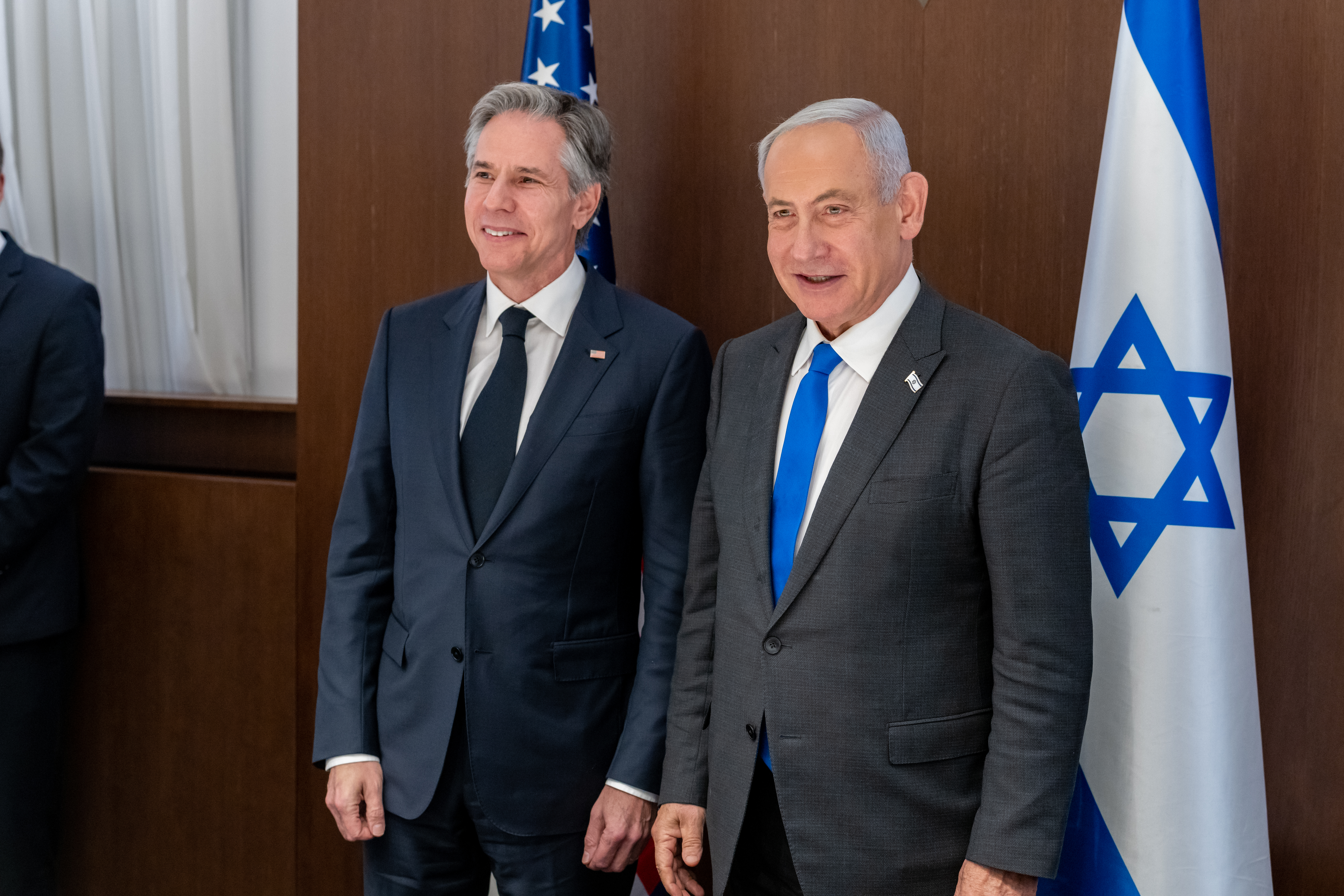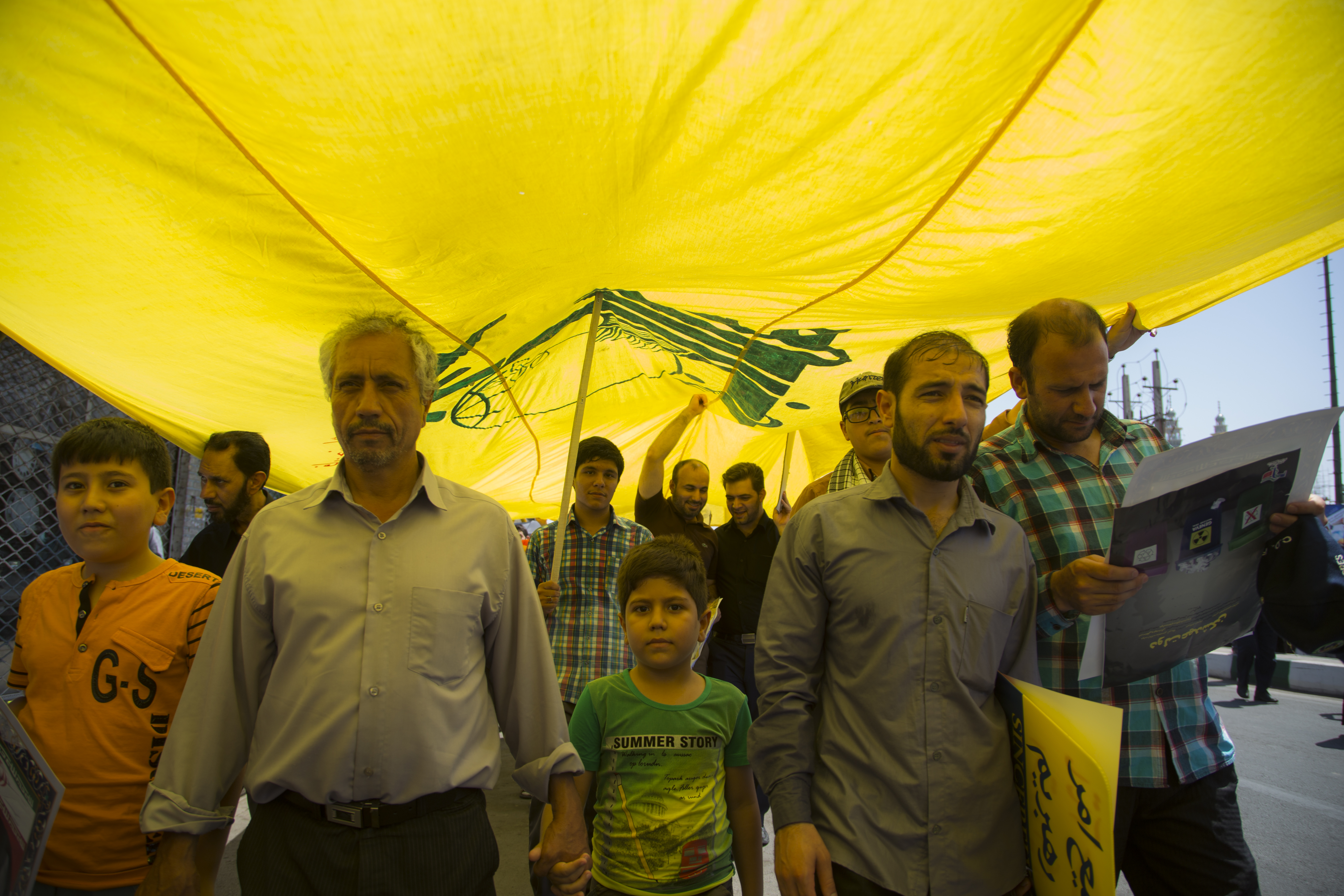Western diplomacy has tied itself in knots over Israel. It may herald the end of Western dominance on the global diplomatic stage.
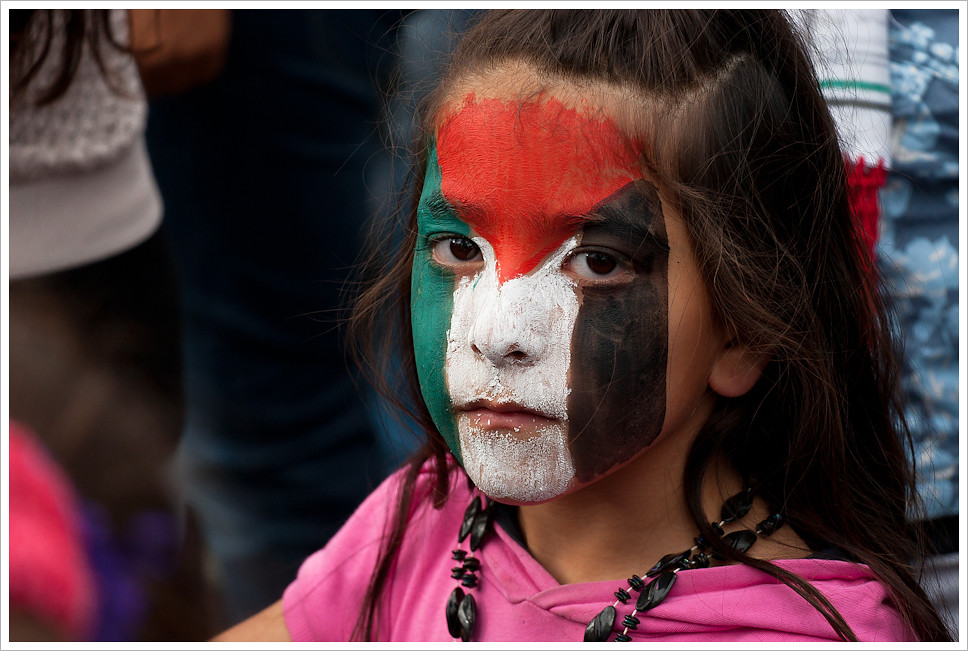 Protests in many nations reflect that the public will no longer tolerate the inaction of Western states in the face of the large-scale suffering in Gaza. : Montecruz Foto CC BY-SA 2.0
Protests in many nations reflect that the public will no longer tolerate the inaction of Western states in the face of the large-scale suffering in Gaza. : Montecruz Foto CC BY-SA 2.0
Western diplomacy has tied itself in knots over Israel. It may herald the end of Western dominance on the global diplomatic stage.
One year after the October 7, 2023 Hamas attacks against Israel, the scale of the suffering of Palestinians and Israelis is staggering and the West, led by the United States, appears powerless to halt the spreading war.
Western governments, in a minority within international institutions such as the United Nations and increasingly out of step with the global public which has expressed widespread horror at the destruction, are under increasing pressure to act more decisively.
However, as the war escalates, most lately between Israel and Lebanon, it is global south actors that have been the most dynamic and effective so far.
Western diplomacy has been shown to be largely ineffective in containing Israel.
Considering the proceedings of the International Court of Justice (ICJ) and the UN as reflective of global south agency on this issue, it indicates that the era of Western-dominated diplomacy is over and that of global south prominence is just beginning.
On October 7, 2023, Hamas launched a series of assaults against Israel. Armed groups crossed the border from Gaza and proceeded to capture, torture and kill hundreds of Israeli and foreign citizens, before taking some hostage.
The reaction of the Israeli government has been an unprecedented military campaign against Gaza, ostensibly to destroy the terrorist organisation and its infrastructure and free the hostages, but with the effect of killing nearly 42,000 Palestinian men, women and children.
Whether or not this loss of life and human suffering amounts to genocide remains to be determined by the ICJ, which is currently deliberating a case launched by South Africa.
In the meantime, however, the UN has described the situation in Gaza as “catastrophic” and so far, all calls to halt the campaign have fallen on deaf ears.
The initial response among Western states was widespread condemnation of the Hamas attacks and expressions of solidarity with Israel. European landmarks were lit up in the Israeli colours and Western leaders affirmed Israel’s right to defend itself.
However, the scale of the Israeli military campaign has been devastating and despite the humanitarian outcry outright condemnation of Israel’s actions has been slow.
Tripping on hypocrisy
Western powers have found themselves caught between expressions of support for Israel, earlier vocal condemnation of Russia’s aggression against Ukraine, and sudden hesitation to criticise Israel for similar violations of international law.
Visiting Israel in October last year, when more than 1900 Palestinians had already been killed, European Commission President Ursula von der Leyen reiterated Israel’s right to self-defence but failed to call for the protection of civilians.
This impression of division and growing hypocrisy among Western powers in their response to the war has deepened.
Some countries including Ireland, Norway and Spain have backed up their support for the Palestinian people by recognition of the State of Palestine.
As the death toll in Gaza and elsewhere has mounted, an increasing number of Western states have called for restraint and respect for international humanitarian law.
Worryingly, however, even Israel’s closest ally the United States seems unable to temper Israeli Prime Minister Benjamin Netanyahu’s cavalier approach to civilian life.
It has also continued supplying arms to Israel, which is the most powerful leverage available.
At the wider level, the proceedings at the ICJ have underscored the impact of global south efforts to use the international system to address this crisis.
Citing its long historical roots of solidarity with the Palestinian people, South Africa presented the case, taken under the Genocide Convention, to the Court in January 2024, calling for an order for Israel to halt the military campaign.
In its provisional measures, the Court subsequently accepted the South African argument and ordered an end to the campaign in the Rafah Governorate, a part of the Gaza Strip.
In July 2024, in a separate case referred by the UN General Assembly, the ICJ also handed down an advisory opinion declaring the Israeli occupation of territories in the West Bank as illegal.
Fifty-two states intervened in the case in which it was argued that Israel had violated the right of self-determination of the Palestinian people. The Court found that the Israeli settlements are illegal under international law and declared that Israel is obliged to make reparations for the damage caused in the Occupied Territories.
These two cases have shown how international law can respond when its basic tenets are violated by states and have also had the effect of accelerating the campaign for Palestinian statehood.
The Palestinian pursuit of self-determination and the call to be recognised by the international community has progressed significantly due to the ICJ decisions and successive General Assembly resolutions on the Israel-Palestine issue.
In the last 12 months, the General Assembly has roundly condemned the Israeli campaign in resolutions that have passed with sweeping majorities among the 193 member-states.
The Western position, particularly that of the United States, has become increasingly compressed at the UN over this issue. While the US has used its veto in the Security Council, the political cost of doing so has spiked.
The West’s decline
Israeli bombing of UN facilities in Gaza has further created tension among Western states keen to preserve the prestige of the international organisation.
More than 200 UN staff have been killed in Gaza, and Secretary-General Antonio Guterres has condemned the lack of accountability for their deaths.
At the UN, the Israeli Ambassador Gilan Erdan has demonstrated searing hostility towards the organisation. In one display of blatant contempt in May 2024, he shredded the UN Charter before the General Assembly.
The turn against Israel has also been reflected more widely in street protests and in student encampments in universities across the world, which condemn the indiscriminate killing of Palestinians.
A large demonstration in Berlin just days before the October 7 anniversary reflects that the public will no longer tolerate the inaction of Western states in the face of the large-scale suffering in Gaza.
There has been mounting pressure, both from the ground level and from these international institutions for Western countries, especially the UK, Germany and the United States to halt material and political support for Israel, especially the supply of arms and military assistance.
As a result, Western inaction has gradually become untenable.
In its disproportionate response, Israel has not only violated humanitarian law but also abandoned diplomacy.
This has increased pressure on Western states, caught between their earlier statements on the sanctity of international law, and their failure to prevent Israel from committing further violations, largely through their tacit compliance, if not outright material support for the military campaign.
It seems unlikely that the resolution to the conflict will come from Western powers. Rather, it points to broader geopolitical trends reflecting the growing role of the global south.
Alanna O’Malley is Associate Professor of International History at Leiden University and Editor-in-Chief of Global Governance: A Review of Multilateralism and International Organizations.
Originally published under Creative Commons by 360info™.


